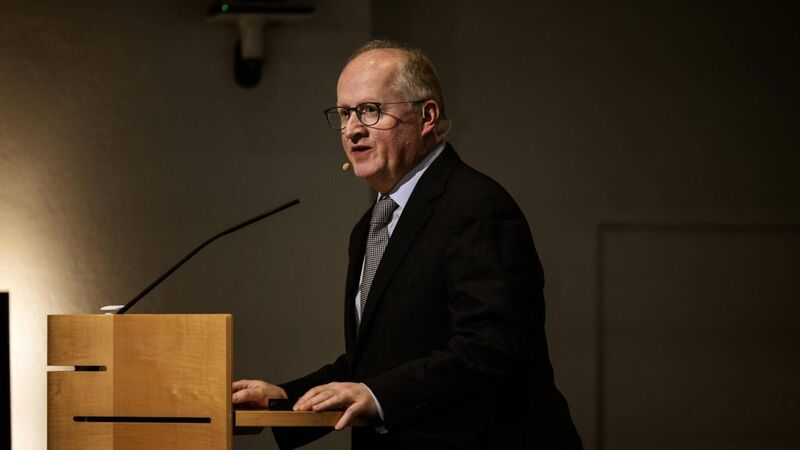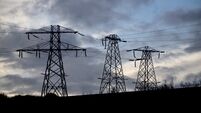Underlying inflation has 'likely peaked' already — ECB

ECB chief economist Philip Lane is confident that price pressures in the eurozone 'should come down quite a lot later this year'.
Underlying inflation probably peaked during the first half of this year, according to the European Central Bank (ECB), but there remains a “high degree of uncertainty” as to the actual levels.
With external pressures leading to rising inflation beginning to soften, the ECB is starting to turn its attention to domestic inflationary forces which are becoming more prominent.














